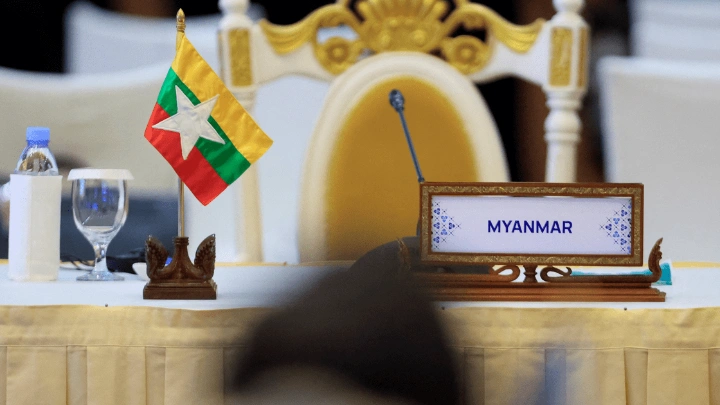As people continue to flee Myanmar for Thailand and India, regional stability is under threat, and Thailand’s former Foreign Minister Kasit Piromya noted as early as in 2021 that “ASEAN not only has the right, but the responsibility, to act decisively and take concrete actions to ensure that Myanmar’s generals end the violence, reverse their coup, respect the will of the people, and allow democracy to prevail in Myanmar.”
ASEAN states have taken varied stances on the Myanmar coup. Vietnam and the Philippines, for instance, have referred to the coup as an internal matter; others like Malaysia and Indonesia, for their part, have raised concerns. In 2021, former Malaysian Prime Minister Muhyiddin Yassin said his country was “gravely concerned over the tragic situation” in Myanmar, and that he was “appalled by the persistent use of lethal violence against unarmed civilians which has resulted in a high number of deaths and injuries, as well as suffering across the nation. It contradicts the principles enshrined in the ASEAN Charter, which we in ASEAN commit ourselves to promote and protect so that peace, security, and prosperity for our region is guaranteed.” Similarly, former Indonesian President Joko Widodo (Jokowi) called “for an immediate end to the use of violence in Myanmar to prevent further loss of lives.”Jokowi had also called for an emergency ASEAN meeting to discuss the Myanmar coup; one was held in April 2021, following which the grouping released a ‘Five-Point Consensus’ (5PC) on tackling the Myanmar situation, which comprised the following: (1) an “immediate cessation of violence in Myanmar” and for all parties to “exercise utmost restraint”; (2) “constructive dialogue among all parties concerned…to seek a peaceful solution in the interests of the people”; (3) “a special envoy of the ASEAN Chair shall facilitate mediation of the dialogue process”; (4) “humanitarian assistance” to Myanmar; and (5) “the special envoy and delegation shall visit Myanmar to meet with all parties concerned.”
In 2022, amid Myanmar’s failure to make progress on mitigating the crisis, ASEAN leaders decided to exclude the military generals and their appointees from attending all of the group’s meetings henceforth. The military generals protested, saying it went against ASEAN’s policy of non-interference in the internal affairs of its member countries. Today, the member countries continue to be divided on the approach the grouping should adopt. While some ASEAN members (i.e., Thailand, Cambodia, and Laos) recommend easing punitive measures such as suspending Myanmar’s generals from attending group meetings, others, like Indonesia, support such strict actions.




